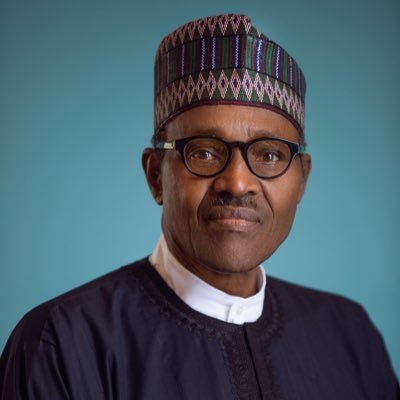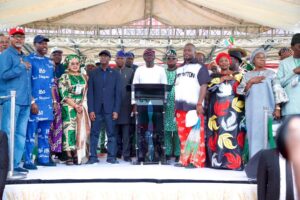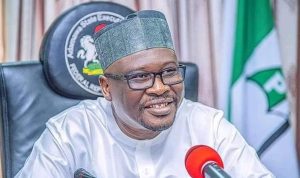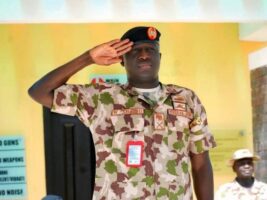Former President Muhammadu Buhari is dead. He died on Sunday in London hospital at about 4:30pm.
Here are some notable things to know about the former president.
1. Buhari’s Early Life Was Marked by Loss and Resilience
Born in Daura on December 17, 1942, Muhammadu Buhari lost his father at age three. Raised by his elder brother, he was enrolled in school by the District Head of Daura, which set him on a disciplined path early in life.
2. He Had an Exemplary Military Career
Buhari trained in top military institutions in Nigeria, the UK, the US, and India. He served in the Congo on a UN peacekeeping mission and fought throughout the Nigerian Civil War without taking leave—earning respect for courage, endurance, and leadership.
3. He Rose Through the Ranks to Become a Military Governor and Oil Chief
By his mid-30s, Buhari was already a military governor of the old North-East, Federal Commissioner for Petroleum Resources, and Chairman of the Nigerian National Oil Corporation—today’s NNPCL.
4. Buhari is the First Opposition Candidate to Win the Nigerian Presidency
In 2015, he made history by defeating an incumbent president—an unprecedented political feat in Nigeria. He remains the only non-PDP candidate to serve two consecutive presidential terms.
5. He Maintained Unwavering Public Support
Despite three initial losses in presidential elections, Buhari consistently secured over 12 million votes in each contest, reflecting an extraordinary mass appeal and grassroots following.
Read Also
6. He Successfully Navigated Nigeria Through COVID-19
Under Buhari’s leadership, Nigeria exited a COVID-induced recession faster than many nations. As ECOWAS COVID-19 Champion, he worked with international bodies to curb the pandemic’s impact across West Africa.
7. He Launched Nigeria’s Most Ambitious Infrastructure Push Since the 1970s
Buhari oversaw massive projects in roads, railways, airports, power plants, and ports using innovative financing mechanisms like Sukuk Bonds, Green Bonds, and the Presidential Infrastructure Development Fund.
8. He Drove Major Reforms in Legislation and Social Investment
His government revised outdated laws like the Companies and Allied Matters Act and the Police Act, and introduced Africa’s largest social investment programme—feeding over 10 million school children daily.
9. He Rebuilt Military Confidence and Advanced Internal Security
Buhari modernised the armed forces with the largest investment in four decades, reformed the police force, degraded insurgent groups, and improved Nigeria’s coastal safety significantly.
10. His Legacy Extends to Diplomacy, Oil Discovery, and National Unity
Internationally respected, Buhari helped position Nigerians in key global roles. Domestically, he championed oil exploration beyond the Niger Delta—culminating in the Kolmani oil discovery, a legacy that supports both economic growth and national cohesion.





